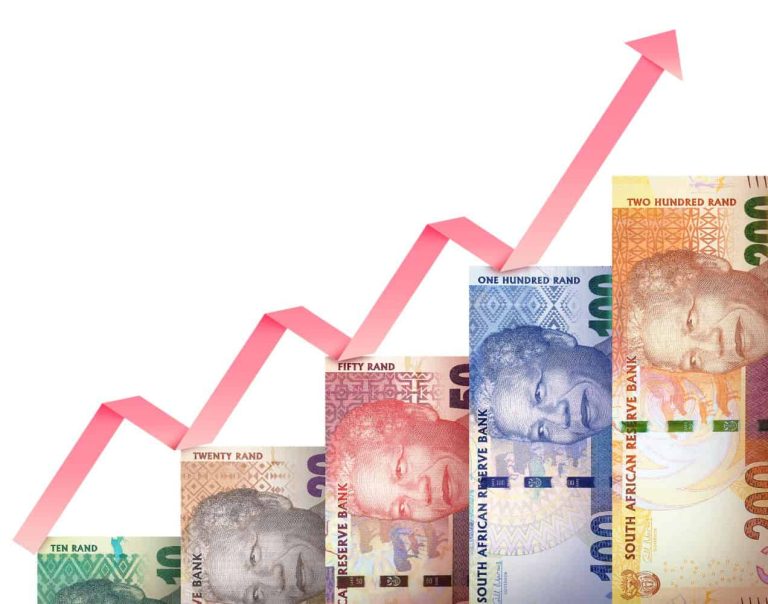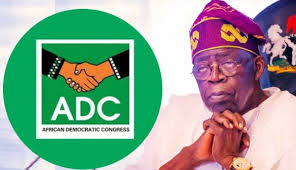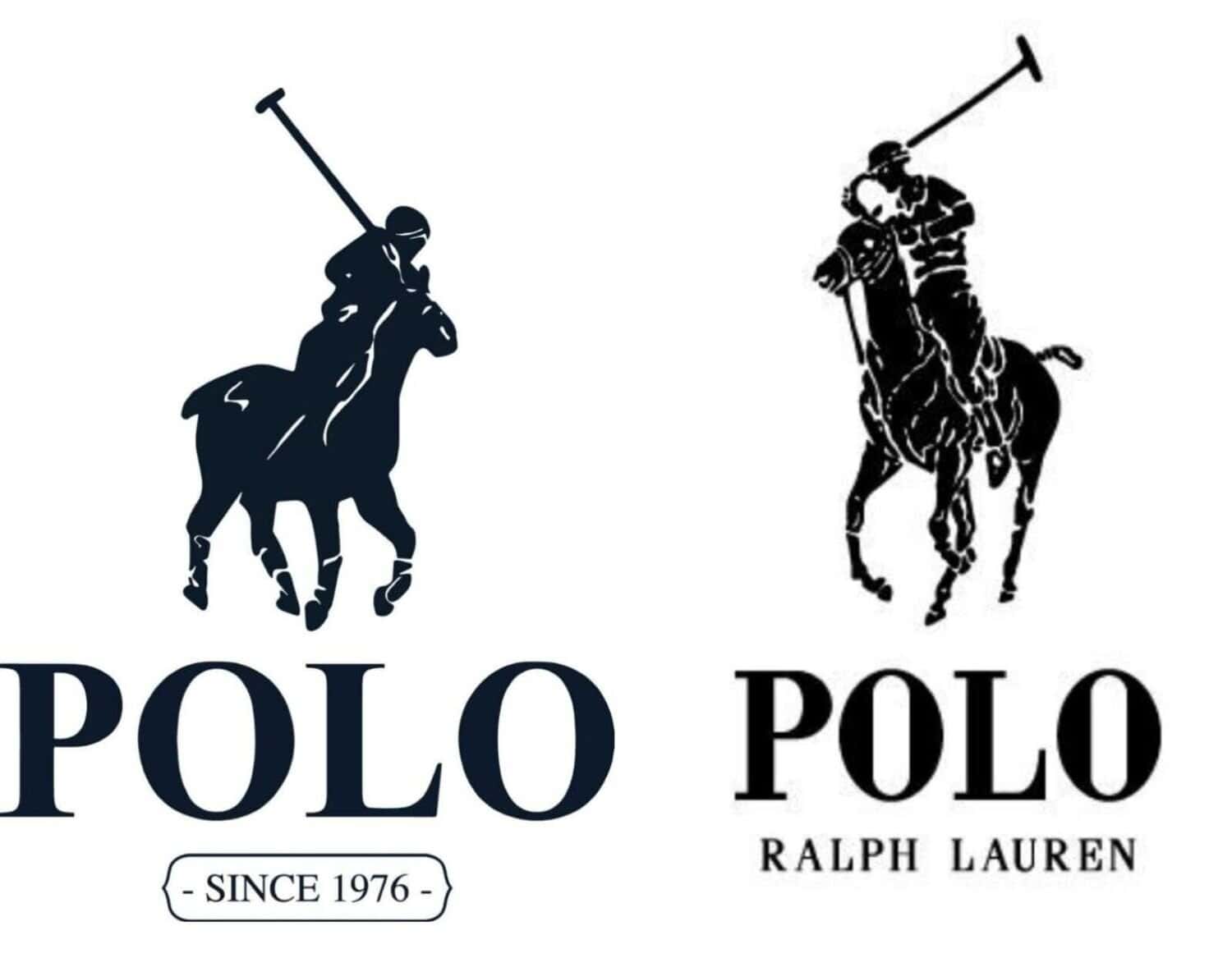
The Competition Commission has approved, with conditions, Ralph Lauren Corporation to acquire all rights, titles, and interests from LA Group, which is the owner of the South African Polo brand.
Ralph Lauren Corporation owns the American Polo brand, established in 1967, while the South African one was established in 1976. The two brands have been in court fighting over the famous trademark with a mounted polo player and horse.
It is understood that Ralph Lauren attempted to reclaim the mark in 1977; however, it was unsuccessful due to older laws, which prioritised geographical rights over international recognition.
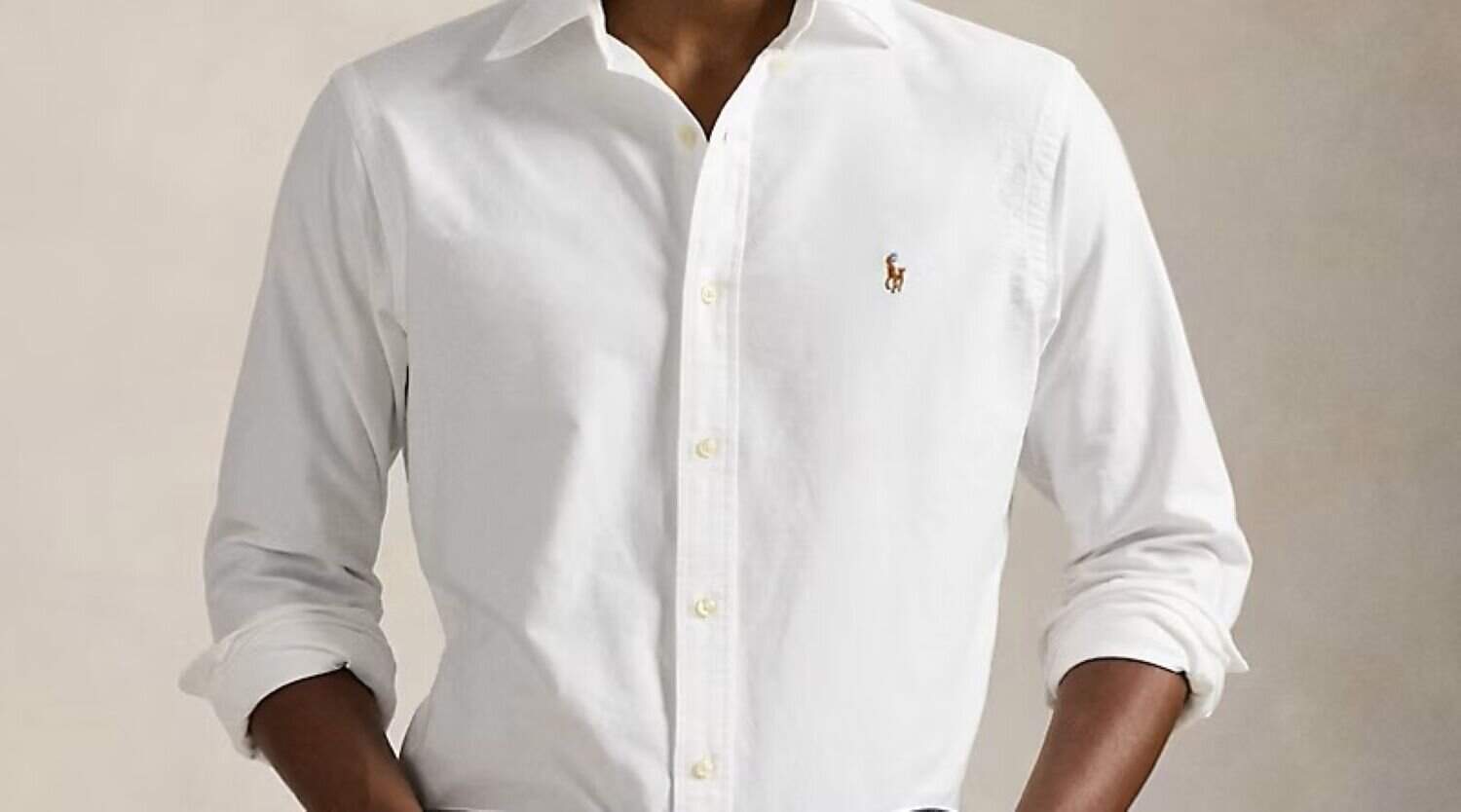
The Polo fight
Unlike other international brands that sell their products in the country, Ralph Lauren could not do so without infringing on LA Group’s trademarks.
The Polo brand that has been sold in South Africa is not a dupe; however, it differs from the luxury Polo Ralph Lauren brand sold in international markets.
The Polo brand in South Africa has a long and complex legal history. According to Business Insider Africa, in 2018 LA Brands, which owns Polo SA, and the US Polo Association (USPA), marketing clothing locally through Stable Brands, went to court.
The USPA, the governing body for polo in the US, has sold merchandise under its U.S. Polo ASSN. brand in South Africa for years, partnering in 2018 with Stable Brands (Pty) Ltd as its local distributor.
ALSO READ: DStv staff allege toilet paper shortage at head office – new owner’s cost-cutting gone too far?
Polo court case
The South African brand initially sought a high court interdict to prevent Stable Brands from infringing its Polo word and Polo Pony and Player device trademarks.
The application was later withdrawn, but Stable Brands filed a counter-application seeking the removal of all 46 of LA Group’s trademarks from the register, arguing that Polo SA’s pony facing right could easily be confused with Ralph Lauren’s Polo pony facing left.
While USPA had tried to argue that LA Group couldn’t maintain the Polo trademark when more than one Polo brand was operating in the country, the Supreme Court of Appeal found that this was irrelevant.
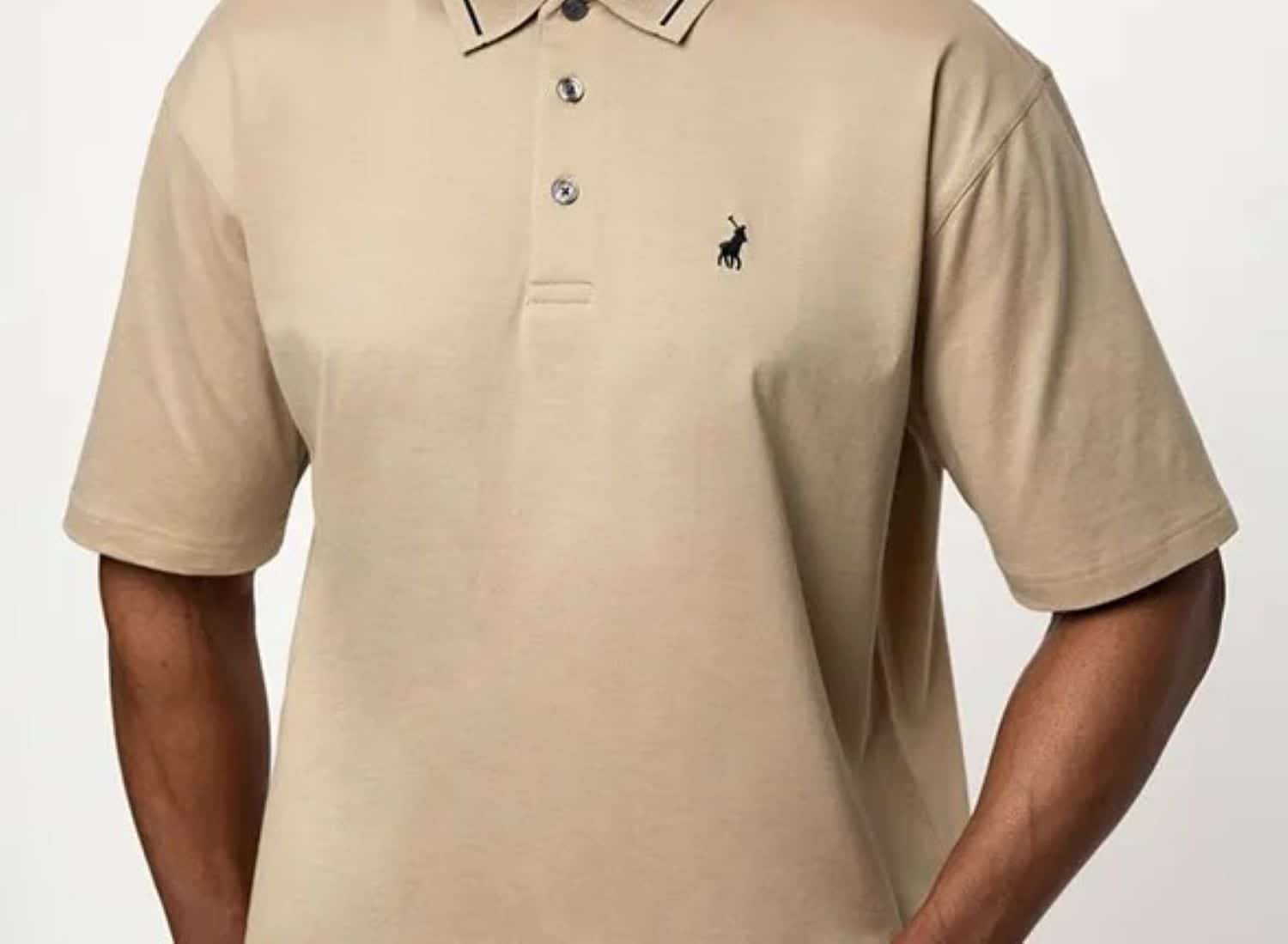
Consumers are buying from SA
“Consumers who buy items of clothing in South Africa bearing the Polo mark… are buying goods of (LA Group)… it matters not that they think that they are buying from a well-known US fashion house,” the court said.
“The badge of origin function of a trademark is fulfilled, provided that all items bearing that badge come from the same source. The same applies to consumers buying cosmetics or perfume bearing the Ralph Lauren trademarks.”
With Ralph Lauren in the process of acquiring all Polo trademarks from LA Group, this may put the decades-old branding battle to rest.
ALSO READ: Sapa flags concerns over Competition Commission’s poultry industry probe
Competition Commission gives a nod
The Competition Commission recently gave the nod to Ralph Lauren to acquire the South African Polo. While the financial details of the deal are unknown, one condition set by the commission is that LA Group may not retrench any employees.
“The commission is of the view that the proposed transaction is unlikely to substantially lessen or prevent competition in any market.
“To address public interest concerns, LAG shall not retrench any of the permanent LAG employees involved in the manufacture, distribution, and retail of the Polo-branded products relevant to the Target Assets.”
What does it mean for consumers?
South Africans will still be able to wear their Polo brand; however, it will be under the control of Ralph Lauren. It is unclear whether prices will increase, as Ralph Lauren is known for luxury, and that doesn’t come cheaply.
The acquisition strengthens Ralph Lauren’s presence in the region, enabling the global fashion company to directly manage the Polo brand, streamline branding strategies, and leverage its international expertise to expand market reach.
With regulatory approval secured, the transaction resolves a decades-long dispute and represents a significant milestone for South Africa’s fashion industry.
NOW READ: Warning to influencers selling and promoting fake LV and Gucci bags online
